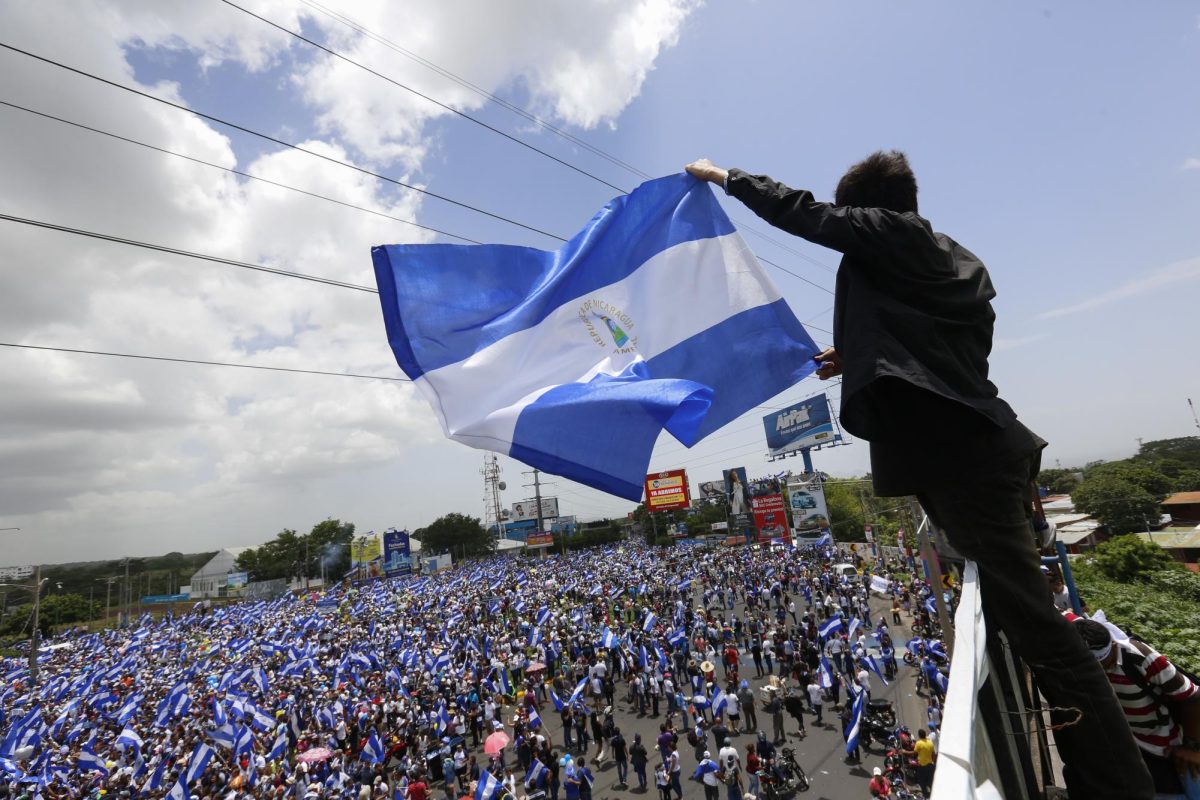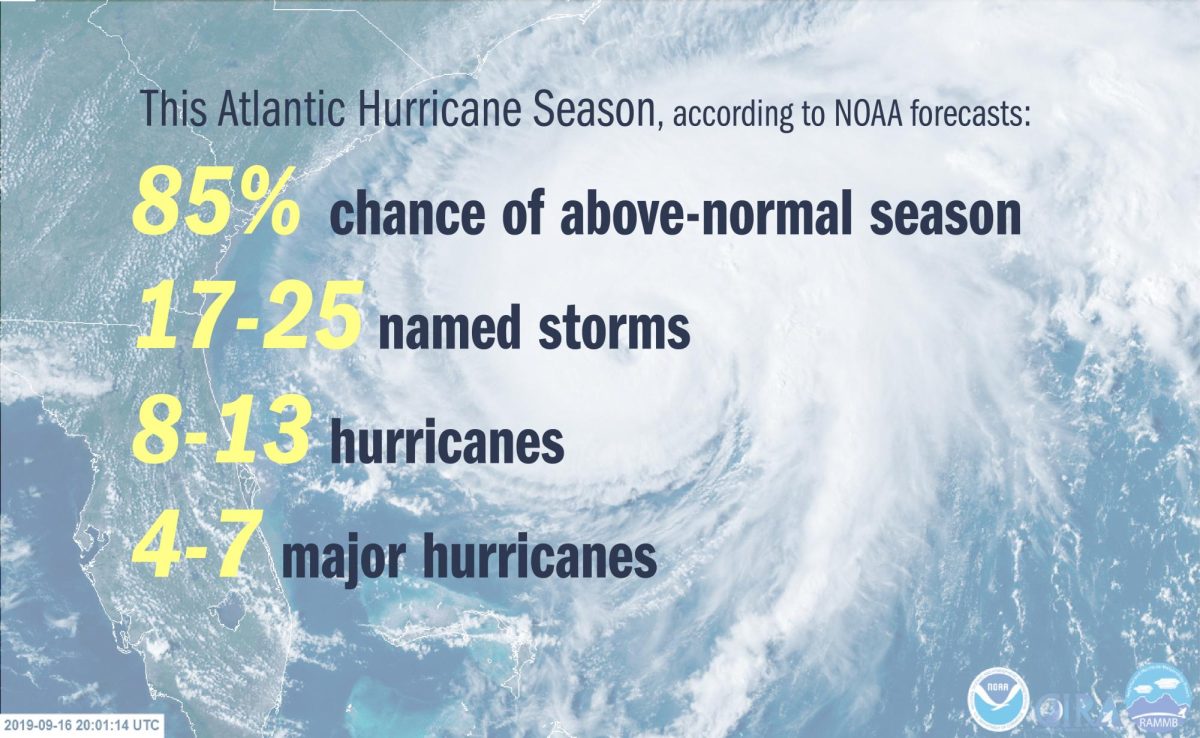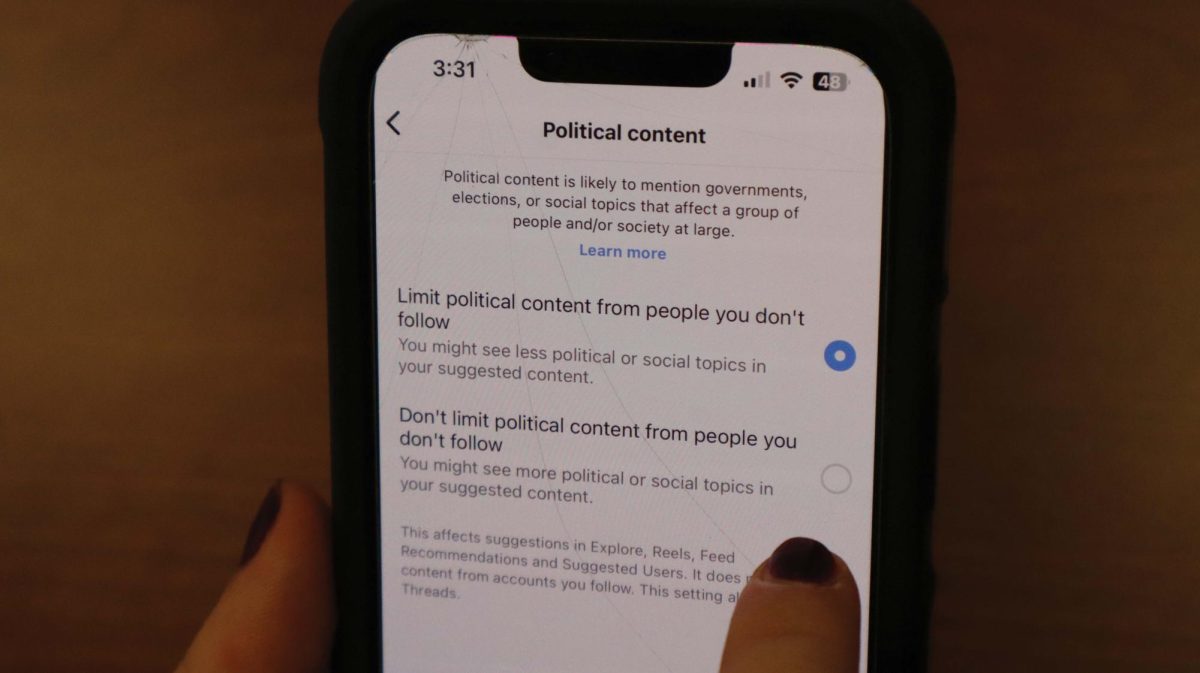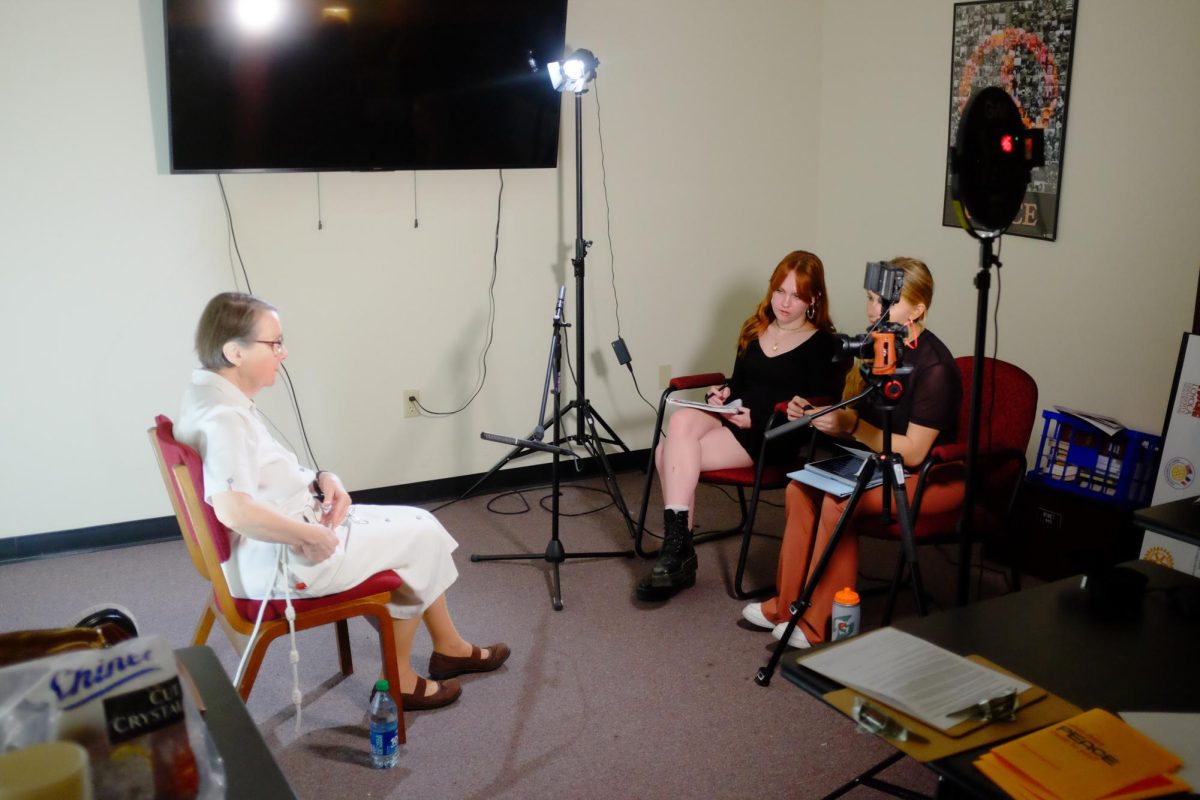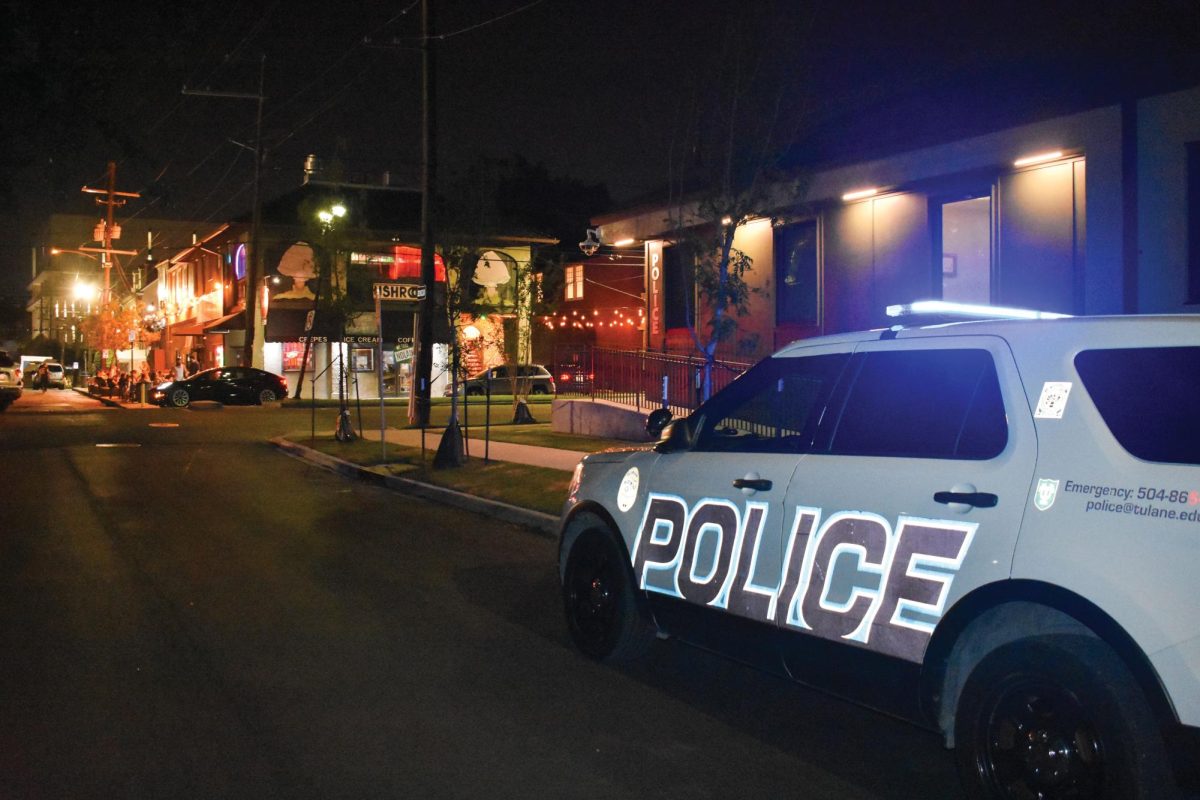The Nicaraguan government seized the prominent Jesuit-run Central American University – just one of many instances of the recent rampage of President Daniel Ortega’s administration against academic and religious freedom.
“Nicaragua is, at this time, the North Korea of Latin America,” said a former Nicaraguan diplomat and political exile, who studied at UCA.
According to the former diplomat, who requested to remain anonymous in fear that Ortega will retaliate against him, the president has confiscated or shut down 27 other universities – UCA being just one of them. Ortega has also taken away the status of around 3,300 non-governmental organizations (“NGOs”) that work to promote social and political change.
For over 60 years, UCA has served as a historical archive and scientific research center in Nicaragua’s capital city of Managua. UCA has also been a hub for protests against President Daniel Ortega’s administration in recent years.
Jesuits have had a historically complicated relationship with Ortega’s administration, according to the former diplomat. The Jesuits were supportive of the first Sandinista revolution in 1979, the movement that brought Ortega to popularity and power. The former diplomat believes the Jesuits had been misled, along with many others, as to the true motives of the Sandinistas, Ortega’s political party.
“Some people say that [the Jesuits] were accomplices of what happened in Nicaragua with the Sandinistas coming in, but the Sandinistas fooled everybody that they were interested in social justice,” the former diplomat said.
Social justice activist and Loyola professor Alvaro Alcazar attests to Ortega’s extreme diversion from social justice to authoritarianism. Alcazar was part of a group that was in favor of the Nicaraguan Revolution at the time and supported Ortega through activism at Loyola.
“When I heard that Ortega took over the Jesuit university, I said to myself, ‘What have we done?’” Alcazar said. “[Ortega] was a liberator, so to speak, of a dictator at the time, so I was shocked to find out that this guy who promised liberation to his people is now taking over a very significant, lively, and powerful tool for liberation, which is the university.”
Widespread public dissension grew after an uncontrolled fire struck at the Indio Maíz Biological Reserve in southeast Nicaragua in April 2018. Many Nicaraguans were furious with how the Ortega regime handled the fire, which included rejecting aid from Costa Rica.
Later that month, a group of elderly people gathered to protest in front of the Nicaraguan Social Security Institute after the government reduced the old-age pension in a social security reform. Ortega’s forces reacted with violence and attacked the elderly protestors.
These occurrences incited a large youth uprising in the country, the former diplomat said. Students soon organized a march to express their condemnation of the Ortega administration.
At the march, Ortega’s military massacred a crowd of 90 protestors, mainly youth, the former diplomat said. Many people at the protest ran into UCA for cover from the attack.
The marches have since continued and Ortega has continually responded with bloodshed. 355, mostly youth, were killed, around 2,000 were hurt, and 1,600 were jailed between April 2018 to July 2019, according to the Inter-American Commission on Human Rights.
Nicaragua is now a police state, according to the IACHR. The IACHR investigated human rights conditions in the country and concluded from their findings that Ortega’s regime had committed crimes against humanity.
The former diplomat said that Ortega’s administration called students, political parties, and private sectors to a mediation led by the Catholic Church in 2018. At the mediation, one young person said to the administration, “‘We are not here to negotiate with you, we’re here to negotiate your oust,’” which enraged the regime. They responded by placing paramilitary in the streets to eliminate every sign of protest. Since the mediation, the administration has become more hostile with the church, according to the former diplomat.
The church is under complete persecution, the former diplomat said. Ortega’s administration has exiled many priests and ended processions of the saints. They have confiscated institutions related to the church, including universities like UCA.
On Jan. 14, Nicaragua’s government said it released 19 religious leaders who had been imprisoned for over a year under accusation of treason, including prominent Catholic bishop Rolando Alvarez. Alvarez was previously sentenced to 29 years in prison.
“It’s very hard to comprehend the level of repression and persecution that is going on in the country,” the former diplomat said. “Even for us, it’s a surprise that we’re in so fast, and the way they attack the church, we would not think that they would dare to do it because of the influence of the Catholic Church in the country. But they have gone completely against the church. It’s amazing.”
The former diplomat says that Ortega’s regime shows no signs of stopping the violent oppression of Nicaragua’s people. They are preparing to become a dynasty, a hereditary dictatorship, he said. Ortega’s wife is vice president, and one of his children acts as a foreign minister. The former diplomat believes the only possible solution to the crisis in Nicaragua is to pressure the regime and to hope for greater international efforts against Ortega.
“Ortega doesn’t respond to reason. It’s a very hardened regime that only responds to pressures,” he said. “The only thing would be pressure – pressure which is proportional to their human rights violation and the way they are behaving, and the international community has not been able to apply that kind of pressure.”
Alcazar wonders what it will take for the political situation to gain international recognition and action against Ortega’s crimes.
“Would it take so many people being silenced, being killed, being detained and tortured before anyone does something about it?” he said.
Patrick Hamilton and Jacob L’Hommedieu contributed to this story.
Originally published Nov. 3, 2023 in The Maroon Issue 1 print edition. Updated online Jan. 25.
Read the continuation of this story here.







